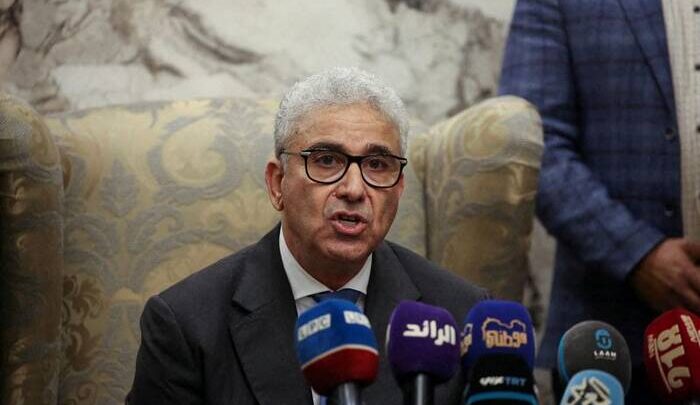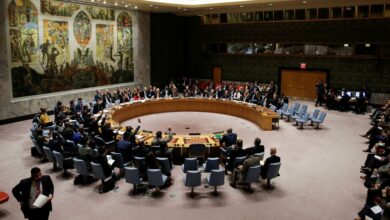Libya
Libyan Prime Minister Fathi Bashagha’s New Cabinet Gets Sworn-In On Thursday

A standoff between the two Libyan rival governments worsened on Thursday after the eastern parliament swore in a new administration despite the unity premier Abdul Hamid Dbeibah refusal to cede power until elections, reported Reuters.
Dbeibah was appointed as the prime minister a year earlier as part of United Nations-led efforts. He was to lead the country until elections in December, but the elections were indefinitely postponed after the opposition argued that Dbeibah’s mandate was finished.
Prime Minister Fathi Bashagha’s newly appointed cabinet was sworn on Thursday, though not all ministers attended. The House of Representatives (HoR) in the eastern city of Tobruk had named Bashagha as prime minister earlier this month.
Bashagha had submitted the list of his new cabinet members to the House of Representatives on Tuesday. It was backed by 92 out of 101 legislators in attendance.
After taking the oath, he told the Libyan parliament that some of the newly appointed ministers including the minister of foreign affairs, culture, and technical education were abducted by militants, while others who were on their way to the swearing-in ceremony were shot.
“Some are trying to drag us into war and infighting but we will not give them such a chance. We will not spill a single drop of blood,” the Libyan prime minister said. “We will study all options so that we can take over power in Tripoli by force of the law and not by force.”
Soon after the swear-in ceremony, Gamal Salem Shaaban, who was named as the economy and trade minister, announced his resignation in a video posted on social media. He claimed that the newly appointed cabinet lacked transparency and integrity and did not meet procedural standards.
The United Nations has also voiced concerns that the voting on the new Libyan cabinet was flawed and unfair.






